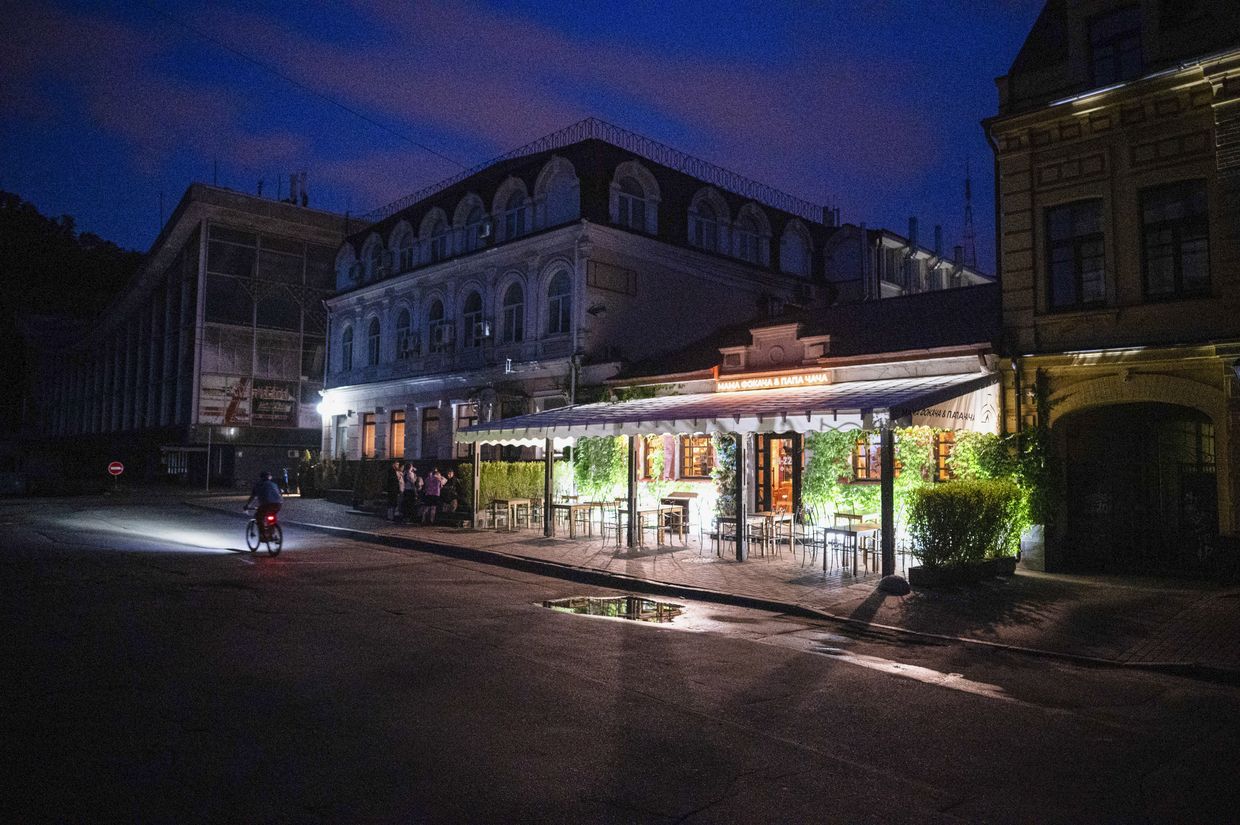Energy Ministry disputes FT article on energy grid damage

The Financial Times (FT) article about the dire situation of Ukraine's energy system due to Russian attacks "has signs of disinformation and psychological operation in Russia's interest," the Energy Ministry claimed on June 5.
The FT published the article, "Russia has taken out over half of Ukraine power generation," on June 5, citing Ukrainian officials who spoke on the condition of anonymity.
One official reportedly told the outlet that the damage caused by Russian strikes is so extensive that Ukrainians should be preparing for "life in the cold and the dark" in the winter. The Energy Ministry disputed the statement, saying that it aims to "spread fear and panic" among the population.
The ministry also questioned the credibility of the information, as the outlet cited undisclosed sources.
"The audience should understand that references to undisclosed sources without specific confirmation are not reliable, and conclusions can be manipulated," the ministry's statement read.
The ministry claimed the outlet "mixed true and false data, which appeals to readers' emotions" to make the article "look credible."
The article mentioned false information about Ukrainian authorities doubling energy prices in a bid to fund the reconstruction effort, according to the ministry.
"This is an outright lie and manipulation. After all, the tariff increased by 63%, and there is a big difference between 60 and 100%," the statement said.
Russia intensified its attacks against Ukraine's critical infrastructure in the spring as part of a renewed assault against the country's energy grid.
The timing of Russia's campaign appeared to correspond to when Ukraine began to face insufficient supplies of military aid from the West, leaving some critical infrastructure without air defense.
Ukraine started rolling out national blackouts in mid-May, having avoided nationwide power cuts during the winter.
EU Ambassador to Ukraine Katarina Mathernova said on June 2 that Russia has destroyed 9.2 gigawatts (GW) of Ukraine's energy generation. Energy Minister Herman Halushchenko warned Ukrainians to prepare for a difficult winter.














